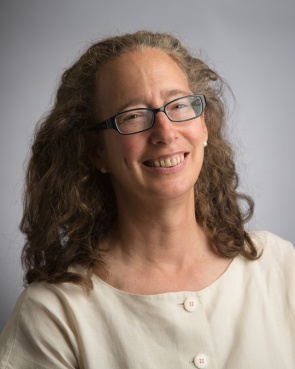Community Profiles
Lynda Mapes KSJ Fellow

"Our job is to go out in the field, into the laboratories, and into the libraries to tell stories with plain language so people will engage and come back for more."
Lynda Mapes
Knight Science Journalism Fellow '13-14
A staff reporter for the Seattle Times, Mapes specializes in covering native ecosystems and cultures, natural history, and environmental topics. While a KSJ Fellow, Mapes has been based in the Richardson Laboratory at Harvard to focus on phenology and climate change. She believes it’s an important topic to explore for the public because it brings climate change home to a familiar environment — the plants and trees right in their backyard — and opens the door to understanding that climate change is already altering the environment, right here, right now.
What impedes the public’s engagement with science?
Jargon is a big problem. Scientists too often talk to only each other – or worse – not at all. So many scientists, from seasoned experts to young scientists still developing their research, stay away from public venues. Some fear they may be misquoted, or that their research may be oversimplified to the point of trivia, whereas others believe that they’re just too busy.
What roles do the media and journalists play in breaking down these obstacles?
First, we’re diggers tasked to find the interesting and relevant work occurring in science. Then we become translators; it’s our job to show the beauty, the mystery, and the importance of the problems scientists are working on. Whether it’s about ecology and the fate of the planet, disease, or new materials and technologies, science is the story that takes readers deep into our world.
Our job is to go out in the field, into the laboratories, and into the libraries to tell those stories with plain language so people will engage and come back for more.
What role do programs like the KSJ Program play in keeping the public informed?
The KSJ program is an invaluable opportunity to escape the deadlines of the newsroom to think about the bigger questions and dig deeper into complex topics, the historical roots of science, and emerging questions. The program provides the Fellows with one-on-one time with MIT experts, which enables us to return to our newsrooms with vastly enriched perspectives and knowledge on the topics we traditionally cover, as well as entirely new subjects. This helps us ask better questions, craft better stories, and ultimately do a better job of informing the public about science.